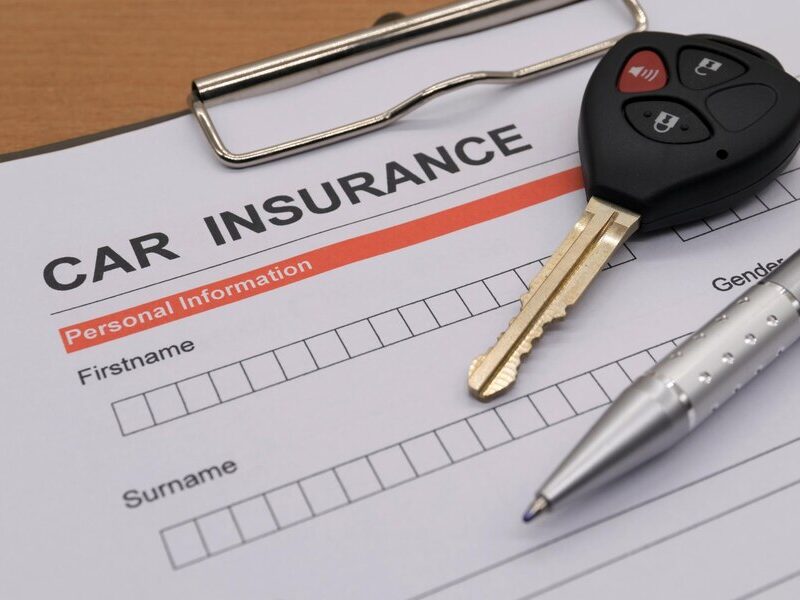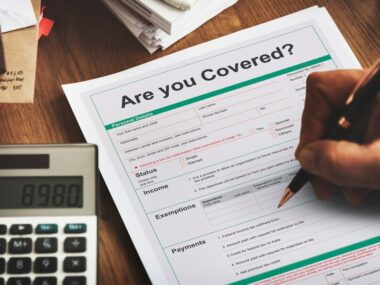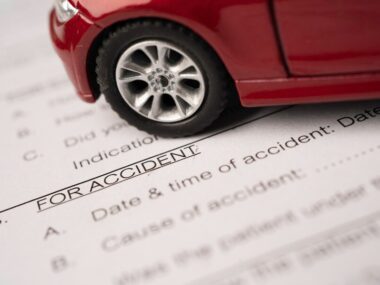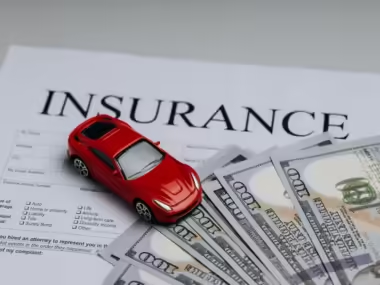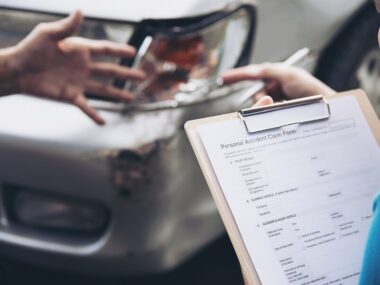Car insurance is an important coverage that every vehicle owner should have. However, choosing the right insurance plan can be a complex decision with many factors to consider. As one of South Africa’s leading banks, FNB offers a range of auto insurance products through their partnership with major insurers.
Types of Car Insurance Available through FNB
FNB partners with top insurers like OUTsurance, Santam and Old Mutual to provide different types of motor vehicle coverage. The main categories include:
Comprehensive Insurance
Comprehensive insurance provides the highest level of coverage. It protects your vehicle from accidental physical damage like damage from collisions, weather events, fires, theft and more. Comprehensive plans will cover the cost to repair your vehicle back to its pre-loss condition, regardless of who is at fault for the accident.
Third Party Fire and Theft Insurance
As the name suggests, third party fire and theft insurance only covers liability to other parties, as well as losses from fire or theft events. It does not cover damage to your own vehicle from collisions. This type of basic coverage is often the most affordable option.
Third Party Only Insurance
Third party only insurance is the minimum legal requirement in South Africa. It only covers your liability to other parties if you are at fault for an accident. Your own vehicle is not insured for damage under this plan.
Top-Up Insurance
Top-up insurance allows you to customize your coverage by adding optional extra benefits like windscreen cover, keys and locks replacement and more to your basic policy. This lets you tailor the coverage to completely meet your needs.
Factors That Impact FNB Car Insurance Premiums
Several factors determine your auto insurance rates with FNB, including:
Vehicle Type and Value – Sports cars and high-performance vehicles generally have higher premiums due to increased claims risks. Newer or higher-value vehicles also cost more to ensure.
Location – Where you garage your vehicle makes a difference, as rates vary by province and area. High-risk regions see higher rates.
Driver Information – Your age, years of driving experience, license status and accident/violation history are all underwriting considerations that impact the quote. Younger or high-risk drivers cost more.
Usage Type – Personal use rates are usually cheaper than commercial insurance. The annual mileage also factors in, with higher-usage vehicles facing higher risks.
Policy Excess – The policy excess or deductible you select determines how much you are responsible for covering in the event of a claim before the insurer pays out. Opting for a higher excess reduces your premiums.
Optional Extras – Adding available additional benefits and customizing the coverage level increases rates accordingly. Always assess if extra options really suit your needs versus a basic policy.
The one constant is that shopping around and getting competitive quotes from insurers helps secure the most cost-effective rates. FNB partners can provide free indicative quotes to help you evaluate your options.
Comparing FNB Car Insurance Quotes
When comparing auto insurance quotes from FNB, it’s important to gather full policy information to ensure an apples-to-apples assessment:
- Confirm coverage types, scope and limits being quoted
- Note policy excess levels for different benefits
- Check inclusions and exclusions in coverage details
- Inquire about available policy upgrades or discounts
- Consider the customer service reputation and claims processes
- Evaluate insurer financial stability ratings
Taking the time to understand all quote aspects helps identify the cheapest option that still provides adequate protection suited to your vehicle and driving needs. It’s unwise to base selection solely on premium price – the value and peace of mind offered by each policy is just as significant.
Some key policies to compare in detail include:
- Comprehensive vs third party coverage amounts
- Higher or lower excess impact on rates
- Additional available benefits like key cover
- Multi-vehicle or other available discounts
- Annual maximum payout limits differences
Proper due diligence reviewing all relevant quote information leads to an informed choice when purchasing car insurance through FNB partners.
Documentation Required for a FNB Car Insurance Quote
To receive accurate premium indications from FNB insurers, be prepared to provide the following critical data:
- Personal details like name, ID number and contact information
- Vehicle make, model and year of manufacture
- Engine capacity and value/purchase price
- Usage details like annual mileage and garage address
- Finance status if vehicle is encumbered
- Your driver’s license number and issue/expiry dates
- Details of any claims or violations in the past 5 years
- Intended cover level like comprehensive or third party only
- Desired excess amount for different policy benefits
Having all pertinent vehicle and driver documents ready speeds up the quoting process. Insurers need full applicant profiles to appropriately rate the risk and provide binding quotations. Omitting or incorrectly stating information could impact the quote offered.
During the actual purchase process, you may also need to present ownership documents like the vehicle license or registration papers. Checking requirements with FNB partners in advance avoids delays.
Common FNB Car Insurance Policy Options
Many policies available through FNB insurance providers offer various optional add-ons and customizations beyond basic coverage. Understanding these extra features helps decide if they suit your specific needs:
Windscreen Cover
Glass breakage add-on pays for windscreen or window glass chip and crack repairs without impacting your no-claim bonus. Helpful for the common mishaps.
Motor Legal Expenses
Provides emergency legal assistance and representation if involved in a motor accident with injuries. Useful additional protection.
Key and Lock Replacement
Covers costs associated with replacing or repairing car keys and locks if lost, stolen or damaged. Reduces out-of-pocket fees.
Vehicle Tracking Device
Optional device discount recognizes the added security of fitment against potential theft. May deduct excess for theft claims too.
Personal Accident Cover
Offers compensation payouts if injured or killed in a motor accident, regardless of fault or insurance claim. Benefits family.
Foreign Travel Cover
Extends existing policy cover to selected countries if using the vehicle abroad for short trips and holidays. Convenient inclusion.
Carefully reviewing extras like these ensures selecting only true value-added upgrades suitable to your driving and risk profile to optimize policy affordability and relevance.
Paying Your FNB Car Insurance Premium
FNB provides flexible premium payment options to suit various budgets and circumstances:
Debit Order: The most affordable method, with lower rates offered for annual or 6-monthly recurrent automatic deductions from your transaction account.
Single Upfront Payment: Settle the full premium amount at inception, suited for cash-paying customers. May get a minor discount.
FNB Credit Card: Use your FNB credit card to pay premiums in either a lump sum or via debit order instalments. Just another bill on your statement.
Insurer Instalment Option: Some partners provide interest-bearing instalment facilities if unable to afford the full amount upfront. Check eligibility.
The key is selecting a payment style that fits your regular cash flows and financial position. Discuss all available methods with FNB partners to establish the most cost-effective solution for your needs. Proper budgeting makes affording necessary insurance simpler.
Making Changes to an Existing FNB Car Insurance Policy
Circumstances change, so you may need to alter certain aspects of your active FNB auto insurance later:
Add a Driver: Informing the insurer about any new drivers ensures proper rating and coverage of all authorized operators.
Remove a Driver: Note drivers leaving household or losing authorization to drive the insured vehicle.
Change Cover Required: Adjust coverage types like changing from comprehensive to third party only based on needs.
Increase Policy Limit: If upgrading the vehicle necessitates higher settlement limits.
Transfer the Policy: If selling the vehicle, the policy can transfer to new owner ensuring continuous protection.
Cancel the Policy: Provide 30 days’ written notice when no longer requiring coverage like selling the vehicle.
Most alterations simply require notifying your FNB insurer in writing or calling their contact center. Changes are effective from the date of request subject to approval and revised terms. Maintaining policy accuracy avoids issues with claims processing.
Filing an Insurance Claim through FNB
Should an insured incident occur requiring policy payout, here’s how to lodge a claim through your FNB auto insurance provider:
Report Immediately: Notify the insurer without delay via phone, email or mobile app of full claim details and obtain a reference number.
Supply Documentation: Provide required supporting docs like police/fire reports, vehicle records, repair estimates and more as evidence of loss.
Settle Policy Excess: The amount you are liable for as per policy conditions must be paid directly to the repairer/assessor.
Vehicle Inspection/Assessment: Arrange for insurer-appointed assessor to inspect damage/loss and authorize repairs if a pay-out is approved.
Approved Repairs: Once repairs are authorized, the insurer settles balance repair costs directly with the repair facility. You only pay the excess amount.
Claims Processing: Most insurers conclude processing for minor claims within a few days while major repairs take up to a month to finalize dependent on parts sourcing amongst others.
Further Assistance: Contact the insurer claims department with any other questions during the repair or claims settlement process for guidance.
Proper documentation and cooperation ensures smooth and faster claims resolution. Understand processes to avoid issues that could delay your repair reimbursements.
